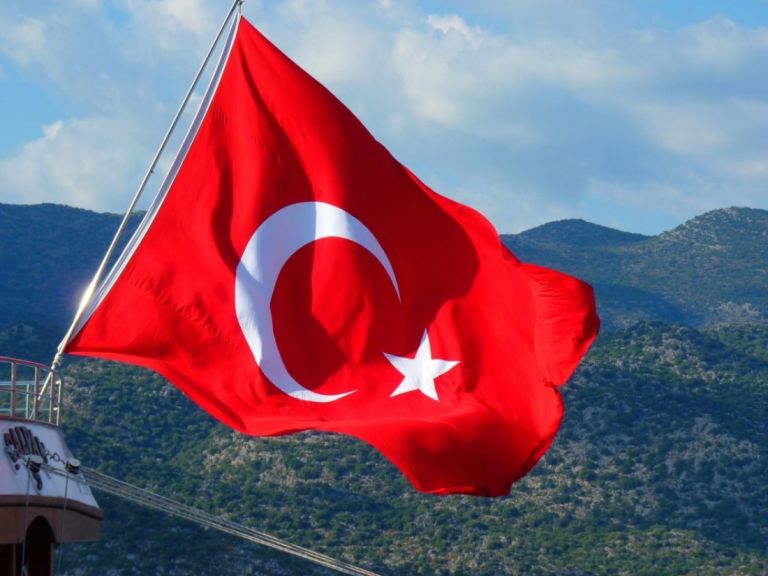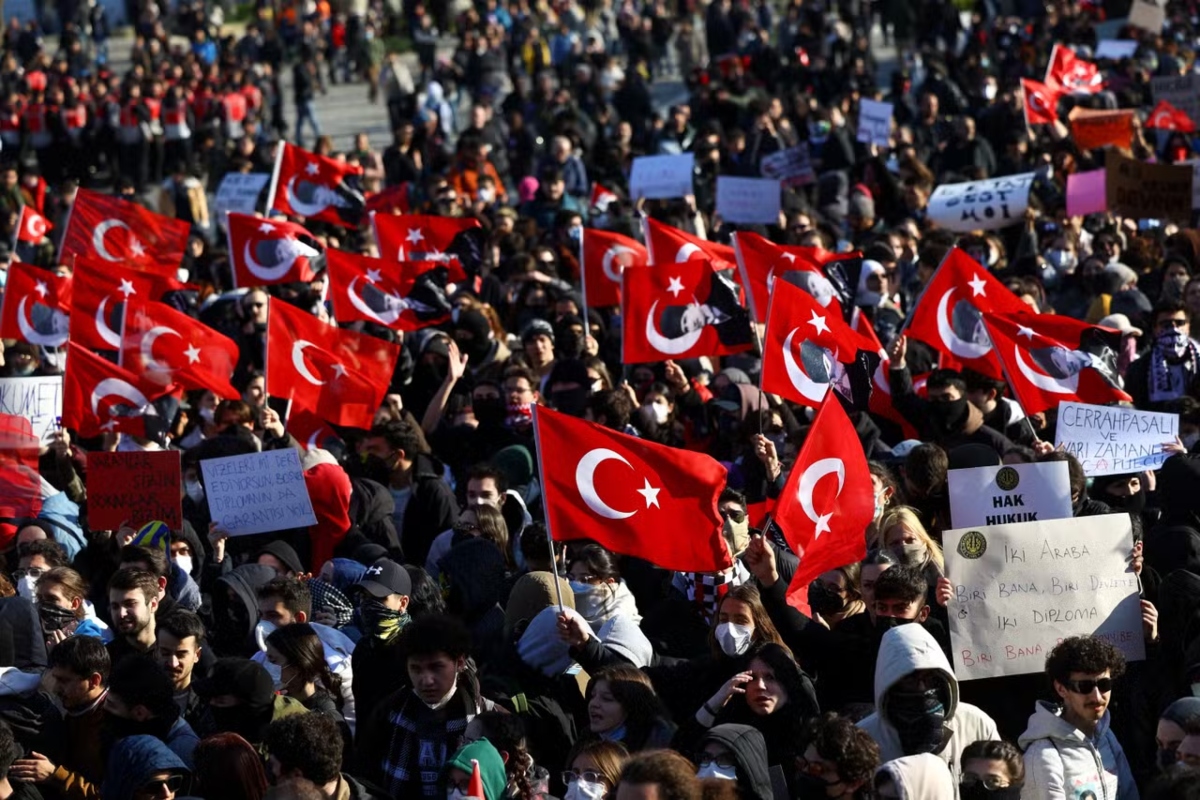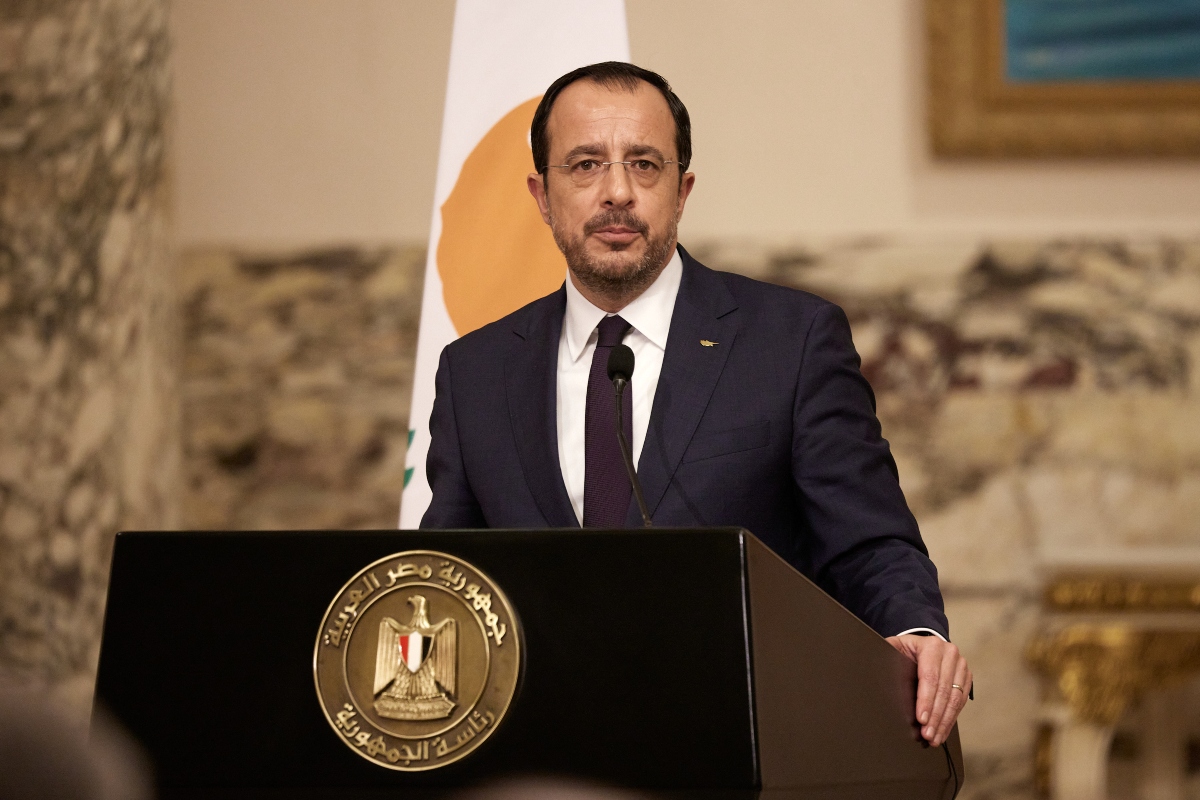UN vs Turkey: Human Rights Under Fire – Ankara Rejects All Greek and Cypriot Recommendations

Πηγή Φωτογραφίας: pixabay//UN vs Turkey: Human Rights Under Fire – Ankara Rejects All Greek and Cypriot Recommendations
Turkey Under UN Scrutiny: A Nation at a Human Rights Crossroads
The latest UN Universal Periodic Review (UPR) Working Group Report places Turkey at the center of an international human rights storm. With more than 120 countries submitting recommendations, Ankara’s responses—or lack thereof—signal a widening rift between Turkey and the international community.
The report, published ahead of the 49th session of the UN Human Rights Council (September 8 – October 3, 2025), reviews Turkey’s compliance with human rights obligations across justice, press freedom, gender-based violence, and the rights of minorities and refugees.

Greece and Cyprus Issue Bold Recommendations – Turkey Rejects Them All
Greece submitted six targeted recommendations, urging Turkey to:
- Comply with European Court of Human Rights (ECHR) rulings, especially on property rights of non-Turkish nationals from the Greek minority.
- Respect cultural heritage sites such as Hagia Sophia and Chora Monastery as intercultural symbols.
- Ensure religious freedom, including the legal recognition of the Ecumenical Patriarchate and reopening of the Halki Theological School.
- Combat discrimination and violence against women and LGBTQI+ individuals.
- Guarantee a safe environment for media, civil society, and political parties without fear of reprisals.
- Comply with ECHR rulings concerning Cyprus and occupied territories.

Cyprus called on Turkey to:
- Join the Rome Statute of the International Criminal Court.
- Fully investigate the fate of missing persons and facilitate access to the Committee on Missing Persons.
- Respect the rights of Christian enclaved communities in northern Cyprus and allow unrestricted access to religious sites.
- Reverse its withdrawal from the Istanbul Convention.
- Restore the property and return rights of displaced Cypriots.
Ankara’s response? A categorical rejection. Turkey dismissed all Cypriot recommendations, stating it “does not recognize the Republic of Cyprus” and accused Greece of politicizing human rights.
On the issue of Cyprus, Turkey invoked its 1960 guarantor status and claimed all matters relating to missing persons, religious heritage, and minority rights fall under the jurisdiction of “Turkish Cypriot authorities”.
Rule of Law in Question: Justice Under Political Influence?
Countries including Germany, Norway, Canada, France, and India expressed serious concern about judicial independence in Turkey.
Their recommendations included:
- Reforming the Council of Judges and Prosecutors (HSK).
- Ensuring the separation of powers.
- Amending anti-terror and defamation laws in line with international legal standards.
While Turkey highlighted its Fourth Judicial Reform Strategy (2025–2029) and cooperation with the Council of Europe, critics say deep structural issues remain, particularly after years of politicization of the judiciary.
Gender-Based Violence & LGBTQI+ Rights: A Silent Crisis
Turkey reaffirmed its commitment to tackling violence against women, but defended its withdrawal from the Istanbul Convention, stating national laws suffice.
Key international concerns:
- Femicide is not classified as a specific crime.
- Leniency remains for so-called “honor killings”.
- LGBTQI+ individuals receive no legal protection, while hate speech and targeted violence remain widespread.
Countries including Ireland, Uruguay, Sweden, and others urged Turkey to:
Include sexual orientation and gender identity in the Penal Code Provide legal safeguards for LGBTQI+ communities Expand shelters and support services for women
Turkey, however, rejected all related recommendations.
The Refugee Dimension: Hidden but Pressing
While not dominating headlines, the refugee issue drew attention from Eritrea, Lebanon, and several EU countries, who recommended:
- Enhancing access to education, healthcare, and legal aid.
- Promoting social inclusion.
- Ensuring transparency in handling EU migration funds and agreements.
As a key migration corridor to Europe, Turkey’s role in the refugee crisis remains a delicate geopolitical lever—and a human rights concern.
Geopolitical Implications: More Than a Human Rights Dispute
Turkey’s wholesale rejection of recommendations from Greece and Cyprus reflects not only deep-seated regional hostility, but a broader geopolitical shift.
It signals:
- A drift away from European human rights norms.
- Normalization of the Cyprus division under Ankara’s policy.
- An increasing reliance on national sovereignty arguments to deflect international accountability.
Human Rights or Political Chess?
The UN report lays bare a reality that transcends law or diplomacy—a Turkey increasingly at odds with the global human rights framework.
At a time of rising authoritarianism, regional instability, and contested sovereignty, Ankara’s stance raises a fundamental question:Can a state selectively participate in international norms while claiming full global legitimacy?
For now, Turkey’s answer appears to be a firm yes—and the world is watching.
Source: pagenews.gr
Διαβάστε όλες τις τελευταίες Ειδήσεις από την Ελλάδα και τον Κόσμο






Το σχόλιο σας